
The Velvet Underground & Nico is the debut studio album by the American rock band The Velvet Underground and the German singer Nico, released in March 1967 through Verve Records. It was recorded in 1966 while the band were featured on Andy Warhol's Exploding Plastic Inevitable tour. The album features experimental performance sensibilities and explicit lyrical topics, including drug abuse, prostitution, sadomasochism and sexual deviancy.

Bananarama is a British-Irish girl group formed in London in 1980. The group, originally a trio, consisted of friends Sara Dallin, Siobhan Fahey, and Keren Woodward. Fahey left the group in 1988 and was replaced by Jacquie O'Sullivan until 1991, when the trio became a duo. Their success on both pop and dance charts saw them listed in the Guinness World Records for achieving the world's highest number of chart entries by an all-female group. Between 1982 and 2009, they had 32 singles reach the Top 50 of the UK Singles Chart.

David Ian "Joe" Jackson is an English musician, singer and songwriter. Having spent years studying music and playing clubs, he scored a hit with his first release, "Is She Really Going Out with Him?", in 1979. It was followed by a number of new wave singles, before he moved to more jazz-inflected pop music and had a top 10 hit in 1982 with "Steppin' Out". Jackson is associated with the 1980s Second British Invasion of the US. He has also composed classical music. He has recorded 20 studio albums and received five Grammy Award nominations.
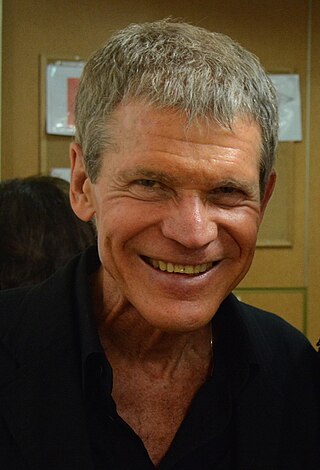
David William Sanborn was an American alto saxophonist. Though Sanborn worked in many genres, his solo recordings typically blended jazz with instrumental pop and R&B. He released his first solo album Taking Off in 1975, but had been playing the saxophone since before he was in high school and was a session musician long before its release. He was active as a session musician, playing on several albums by various artists.

Transformer is the second solo studio album by American recording artist Lou Reed. Produced by David Bowie and Mick Ronson, the album was released on November 8, 1972 by RCA Records. It is considered an influential landmark of the glam rock genre, anchored by Reed's most successful single, "Walk on the Wild Side", which touched on controversial topics of sexual orientation, gender identity, prostitution and drug use. Although Reed's self-titled debut solo album had been unsuccessful, Bowie had been an early fan of Reed's former band The Velvet Underground and used his fame to promote Reed, who had not yet achieved mainstream success.
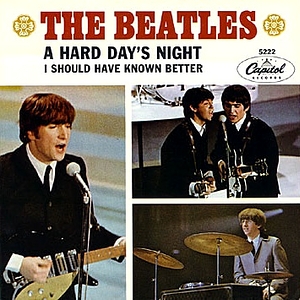
"A Hard Day's Night" is a song by the English rock band the Beatles. Credited to Lennon–McCartney, it was primarily written by John Lennon, with some minor collaboration from Paul McCartney. It was released on the film soundtrack of the same name in 1964. It was also released as a single in the UK, and in the US
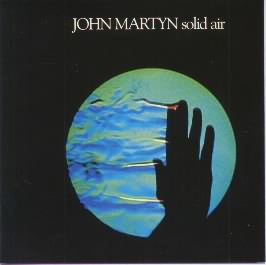
Solid Air is the fourth studio album by Scottish singer-songwriter John Martyn, released in February 1973 by Island Records.
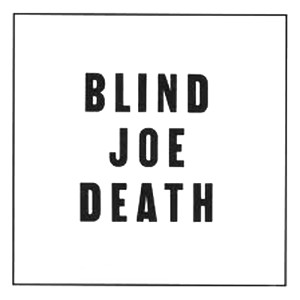
Blind Joe Death is the first album by American fingerstyle guitarist and composer John Fahey. There are three different versions of the album, and the original self-released edition of fewer than 100 copies is extremely rare.

Bunch of Hits is a greatest hits album by English group Bananarama, released on 13 March 1993 by Spectrum Music. It contains many of the same tracks found on the 1989 hits set Greatest Hits Collection, plus several album tracks. Bananarama's two biggest singles are absent: "Cruel Summer" and "Venus". It also includes two B-sides available for the first time on CD, "Scarlett" and "Ghost". This album was not released by the group's record label London Records. The album was released with different artwork and titles in other countries, such as Pop Giants, Collection Series, Robert De Niro's Waiting and also saw a re-release with different artwork in the UK in 1998.
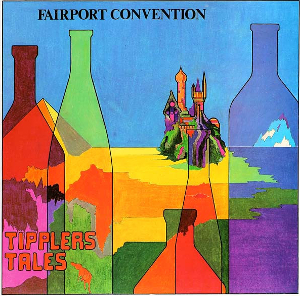
Tipplers Tales is a 1978 album by Fairport Convention, the band's thirteenth studio album since their debut in 1968. Recorded in only ten days, it was the last album the band recorded for Vertigo. Simon Nicol later wrote
"We secured a deal with Vertigo, the one that ended up with them paying us not to make records. It seemed a novelty, like that Marx Brothers line: "How much for you NOT to rehearse?" "Oh, you can't afford it." We did Bonny Bunch and Tipplers Tales then didn't make the other four contracted albums"

The Voice of the Turtle is the seventh album by American guitarist John Fahey. Recorded and released in 1968, it is considered one of his more experimental albums, combining not only folk elements, but shreds of psychedelia, early blues, country fiddles, ragas, and white noise. The album had many reissues with various track listings, jacket designs and mismatched titles.
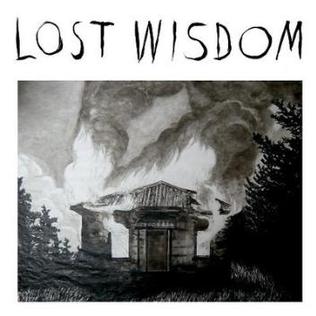
Lost Wisdom is the second studio album by Mount Eerie, with Canadian musicians Julie Doiron and Frederick Squire. It was released on October 7, 2008 on P. W. Elverum & Sun, less than a month before Elverum's next album under the Mount Eerie name, Dawn, was released, which featured songs from this album. A follow-up album, Lost Wisdom pt. 2, was released in 2019, without Frederick Squire.
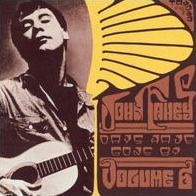
Days Have Gone By is an album by American fingerstyle guitarist and composer John Fahey, released in 1967. The cover labels the album Volume 6 while it was preceded in 1966 by The Great San Bernardino Birthday Party which is labeled Guitar Vol. 4.

Requia is the eighth album by American fingerstyle guitarist and composer John Fahey. Released in November 1967, it was the first of Fahey's two releases on the Vanguard label. It originally received hostile reviews from music critics, particularly for its musique concrète experimentation. It has since been recognised as precursor to new-age music, and has been re-released multiple times, including by Terra in 1985, Vanguard in 1997 and 1998 and Ace in 1998.

America is an album by American folk musician John Fahey, released in 1971. Originally intended to be a double album, it was released as a single LP. The unreleased material was subsequently restored in later CD and vinyl reissues.
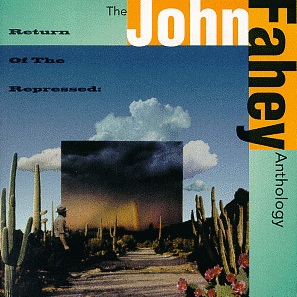
The Return of the Repressed: The John Fahey Anthology is a compilation album by American fingerstyle guitarist and composer John Fahey, released in 1994. Fahey's career, health and personal life had been in decline. The release of The Return of the Repressed, along with an article in Spin magazine by Byron Coley served to provide a renewal of his career.

The Essential John Fahey is a compilation album by American fingerstyle guitarist and composer John Fahey, released in 1974.

The Best of the Vanguard Years is a compilation album by American fingerstyle guitarist and composer John Fahey, released in 1999.

Vanguard Visionaries is the title of a compilation recording by American fingerstyle guitarist and composer John Fahey, released in 2007.

At the BBC is a compilation album by English musician and singer-songwriter Joe Jackson, released by Spectrum Music on 26 January 2009.




















